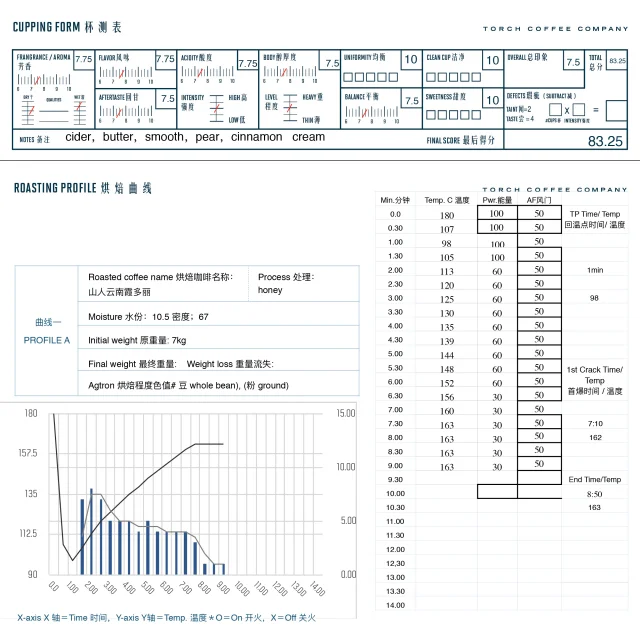Author: Mason | Editor: Kelvin & Jack
Once Asia’s richest nation, Myanmar (also known as Burma) has been plagued by civil wars, illicit drug trade, and massive human rights’ violations. In recent years, organizations such as Winrock have begun working with local farmers to develop agricultural practices, which has led to the growth of specialty coffee in Myanmar.
Coffee was first introduced to Myanmar by missionaries in the early 1800’s, but many farmers opted to grow the opium poppy instead, which has been used to produce a variety of highly-addictive drugs, such as opium and heroin.
However, the newly-elected government has incentivized farmers to produce coffee instead, and so the nation’s coffee industry is currently experiencing a rebirth. As a result, multiple Arabica varietals are being grown all over Myanmar, including Caturra, Catuai, Catimor, and Bourbon.
This is quite unique as most coffee-growing countries in Asia focus on growing the Catimor varietal due to its resistance to leaf rust. The result is an exotic range of coffee flavors.
As the quality of Myanmar’s Arabica varietals continues to improve each year, worldwide demand for beans from this mysterious and exotic new origin is rising as well.
Previously inexpensive beans have doubled in price for certain varietals, reaching around US$3,000-7,000 per ton. Last November, Myanmar coffee was awarded second place in a competition held by the Asia Coffee Association, placing behind coffee powerhouse Indonesia and ahead of China.
Despite the growing demand for Myanmar coffee and a great deal of arable coffee farmland, production output is still limited by a lack of proper farming techniques and modern coffee farming technology.
Winrock and other non-profit organizations such as the Sustainable Coffee Association (SCA) and the Coffee Quality Institute (CQI) have been working diligently to combat all these issues and improve output quality and volume.
In addition to these organizations, the Mandalay Coffee Group (MCG) was founded in 2014 in partnership with SCA.
MCG works closely with smallholder and estate farmers across Myanmar, purchasing ripe cherries and processes in-house using a variety of methods, producing high-quality green beans for domestic use and specialty coffee buyers overseas. These developments all point to continued growth of Myanmar’s specialty coffee industry in the years to come.
Speaking of organizations that seek to help farmers, you may have heard of the “Mountain Men Project” that Torch started this past harvest season. These Mountain Men were brought together with the specific goal of helping farmers improve their output. Torch recently purchased 40 tons of a new Myanmar crop in order to support their growing specialty coffee industry and we also hope to work alongside these farmers in the future.
This new Single Origin has a range of notes consisting of Toasted Marshmallow, Brown Sugar, Citrus, Hazelnuts, hints of Kenyan-like tomato and acidity, along with other smells and flavors.
2018 is a great year to get out and try new and exotic coffees, so be on the look out for Torch Coffee’s new Myanmar Single Origin!
*If you have any questions about current and future coffees Torch will have, you can contact us or go to our Wechat store and Taobao to purchase the great Myanmar coffee we suggest.



















